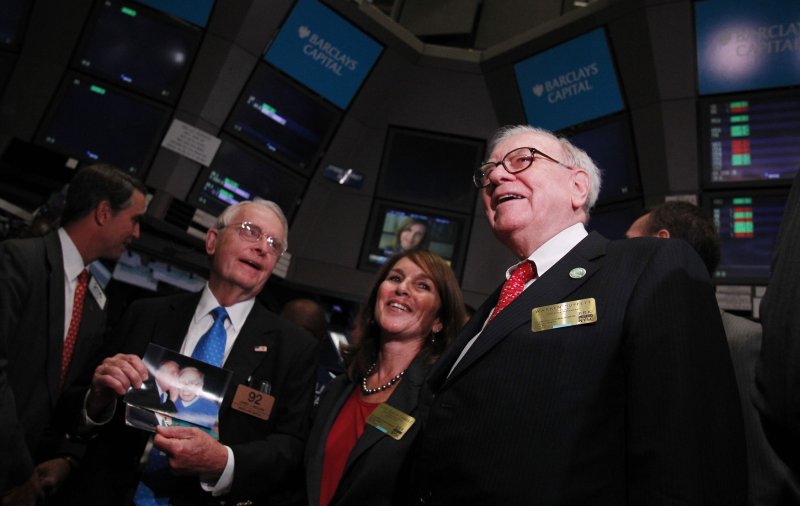NEW YORK, Oct. 13 (UPI) -- Billionaire investor Warren Buffett's proposal to tax U.S. millionaires would not affect about 25 percent of the super-rich, a congressional study indicates.
The Congressional Research Service found that 94,500 millionaires pay an effective federal tax rate lower than that paid by 10.4 million middle-income wage earners, CNN said. The so-called "Buffett Rule" resulted from the billionaire's suggestion many of the nation's ultra-rich are willing to pay more in taxes. He urged Congress to "stop coddling" the wealthy, saying many were willing to do more to help the country in a time of crisis.















